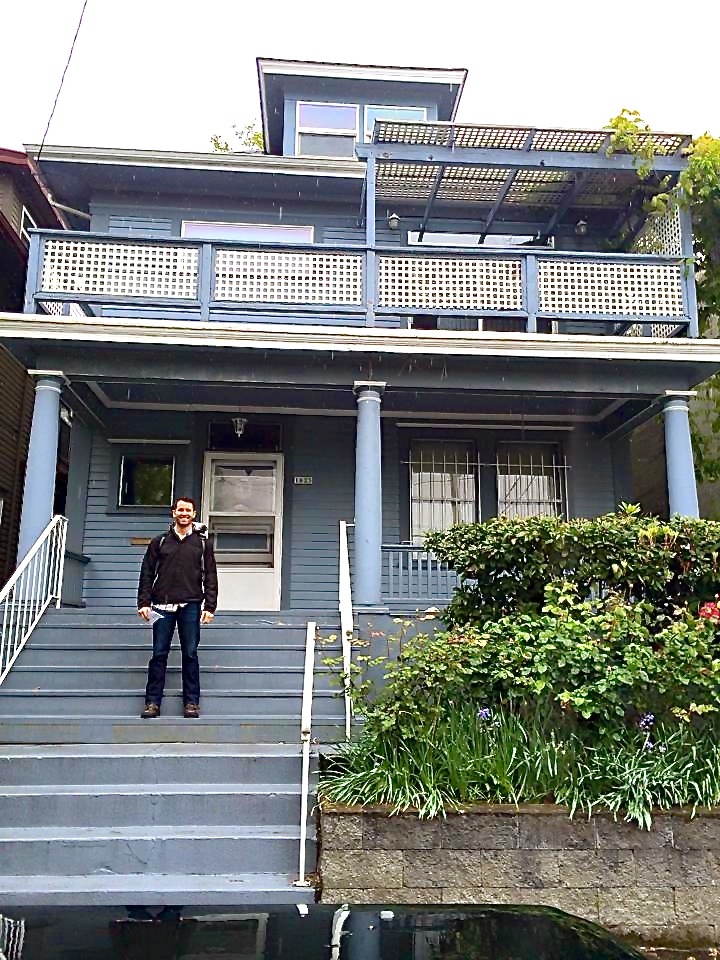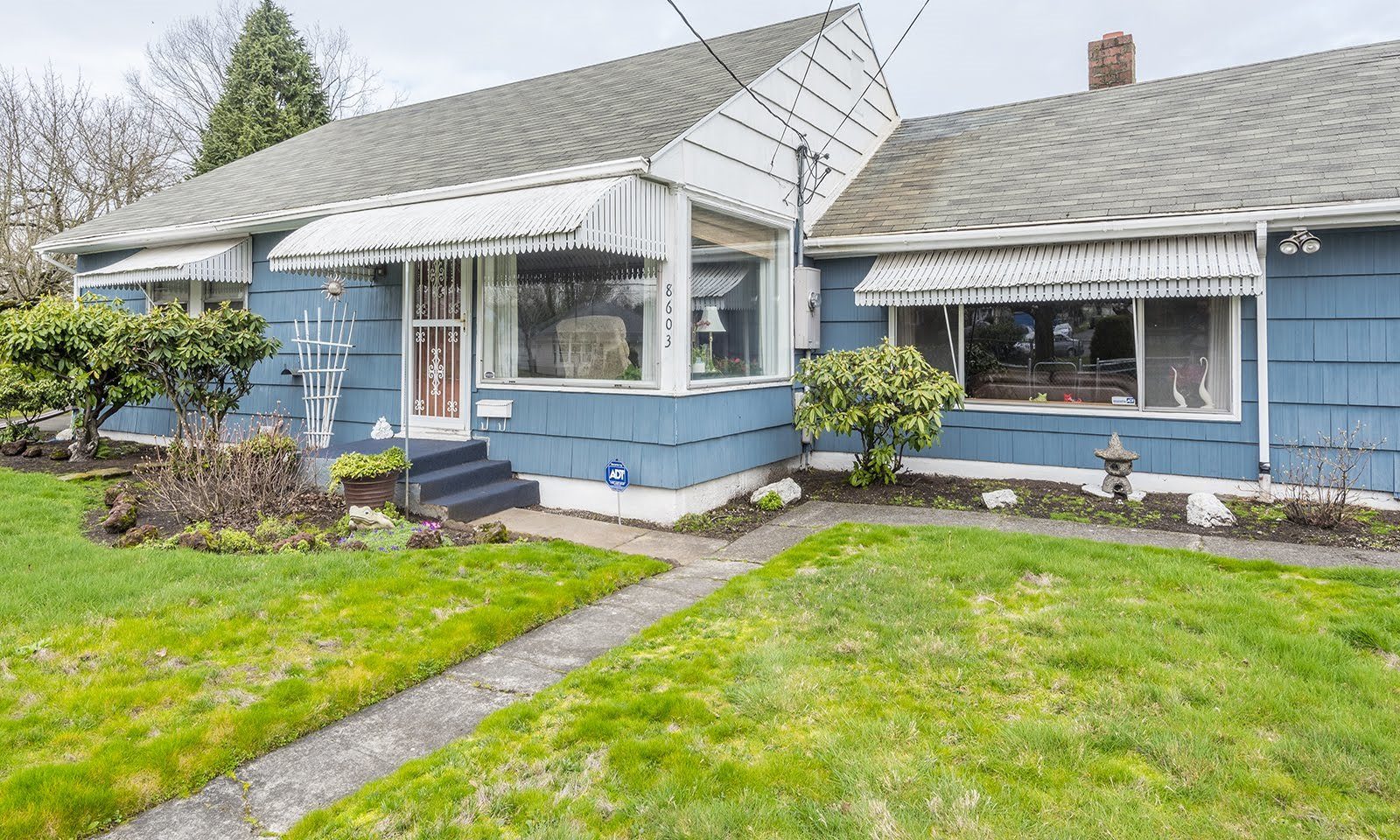Bobby Curtis was recently interviewed on how he finds good houses to flip. Here’s what he had to say.

1. How do you find a good flip?
I find a good flip by keeping my eyes and mind open. It’s not just about finding a distressed house that needs work. There are many people out there flipping houses. I’ve discovered I need find something that presents a challenge that other people (flippers) don’t want. And I have to get creative to solve a problem in a way many end buyers will love.
2. What are the key steps to successfully flipping houses?
The key steps are:
A. First, hire a great real estate agent who is an expert in the area you’re looking in, and knows a thing or two about fixer uppers
B. Buy a fixer upper at the right price, and make sure there are good comparable houses for the price you plan to sell if for fixed up.
C. Get solid estimates for the work that needs to be done, and hire dependable contractors to do the work
D. Hire a cost-effective designer, or be one yourself. This is not a time to try out your super specific design ideas. You want something that will appeal to most
E. Get it done, and do it quickly without compromising quality. My goal is 4-8 weeks. If this is your first flip, don’t go over 3 months. Ideally you want to buy the fixer and sell the fixed up house in the same market.
G. And finally, sell it. Don’t nickel and dime the buyer who places their offer. You will often give more than you want to. That’s okay if you’re making enough money on it.
3. What should real estate flippers have in place to make sure the process runs smoothly
A great real estate agent, dependable contractors, a personal support network, and a reliable financial source.
4. What’s your best advice for working with and managing contractors? How do you cut ties with a bad contractor legally?
Very good question. I’m professional, and I hire professionals. That doesn’t mean the best price, because WHEN shit hits the fan, you want to know you can count on them. I hire a mix of contractors who do the work themselves, and larger companies who have crews. Equally as important is I work with people who specialize in fixers, not new construction.
I’m in this for the long haul, and most people who want to get into flipping houses usually want to do more than one. So, if I cut ties with a contractor, I usually give them more than I think they deserve and just agree not to work together again.
Lastly, reputation is important, and frankly you’re very exposed when you flip a house. If they want to make things difficult for you, they can. Most of the time when you want to part ways, they do too. So, shake hands and agree to be done.
Interested in Part 2? Check it out here.

Principle Broker
Licensed in Oregon
Licensed Contractor
CCB# 215071
503-502-3066
